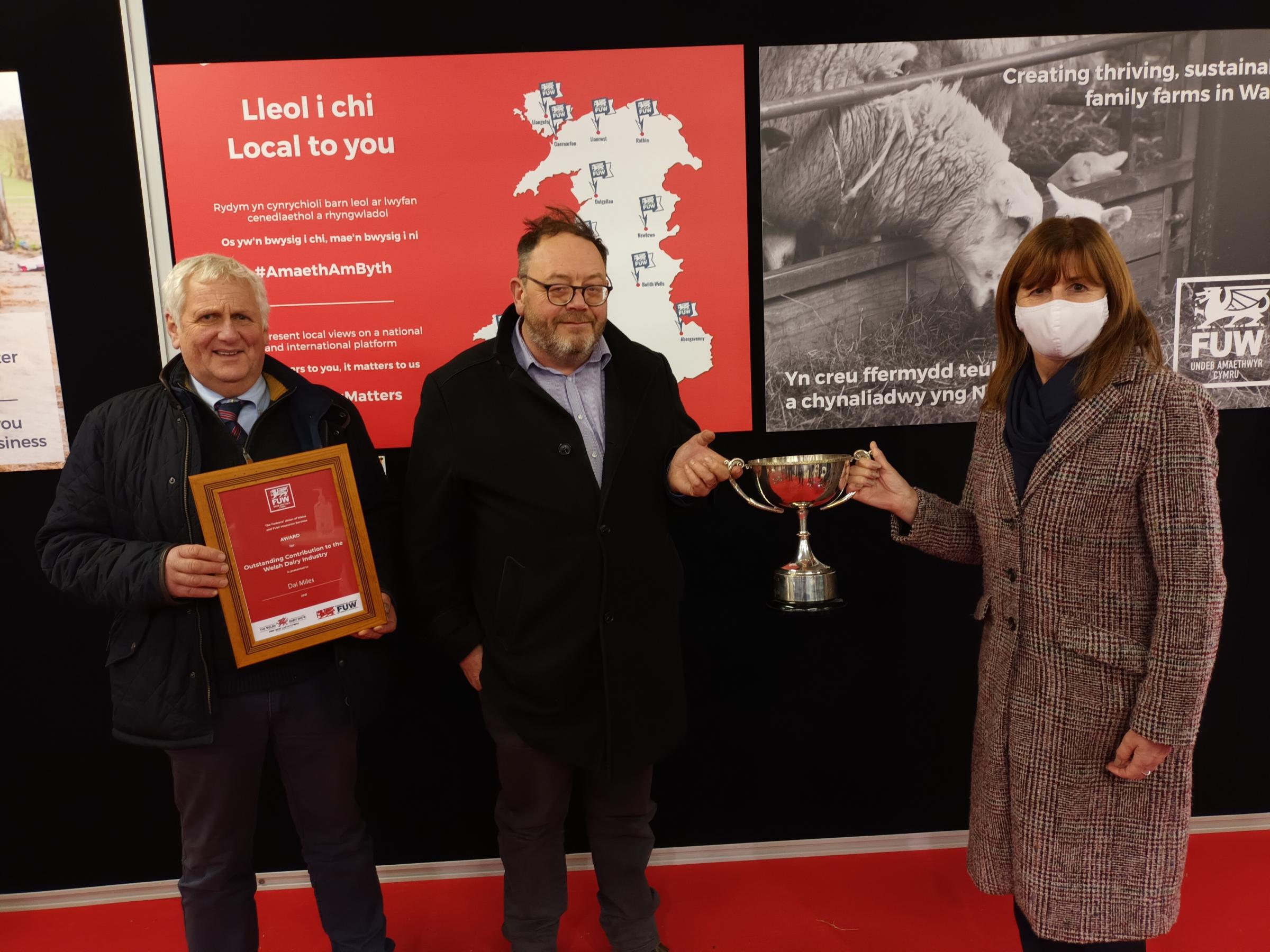Click here to sign in with or
Forget Password?
Learn more
share this!
36
5
Share
Email
April 23, 2022
by European Society of Clinical Microbiology and Infectious Diseases
New research to be presented at this year’s European Congress of Clinical Microbiology & Infectious Diseases (ECCMID) in Lisbon, Portugal (23-26 April), suggests that disease-causing amoebas that live on organic leafy vegetables can shelter human pathogens like Pseudomonas, Salmonella, and Helicobacter and are a potential risk to public health. The study is by Dr. Yolanda Moreno and colleagues from Universitat Politècnica de València in Spain.
Foodborne illness from consuming contaminated fresh produce is common and can have serious effects on human health, especially when eaten raw. There is a growing demand for organically grown fruit and vegetables as people strive to eat healthy diets and amid concerns over potential contamination from pesticides, chemical fertilizers and herbicides. However, during growth, harvest, transportation and further processing and handling, fresh produce can be contaminated with pathogens from human or animal sources, through contact with soil, irrigation water, air, rain, insects, and during industrial produce-washing.
Vegetables can become contaminated with certain protozoa (single-celled organisms) such as free-living amoebae (FLA), that feed on bacteria and can act as hosts to pathogenic bacteria (the so-called “Trojan horses”) which resist FLA digestion and could be a threat to public health.
“Food and food-related environments create an ideal meeting place for free-living amoebae and pathogenic bacteria”, explains Dr. Moreno. “However, comparatively little is known about the occurrence and diversity of free-living amoebae on organic vegetables and their role in transmitting human pathogens.”
To conduct a preliminary study of the FLA microbiome isolated from organic vegetables, researchers collected 17 samples of lettuce and spinach from local supermarkets in Valencia between November 2020 and May 2021.
To investigate the degree of contamination, researchers used a metagenomic technique that identifies DNA in all bacteria present inside FLA. The results were assessed to determine what kinds of microbes (Microbiome) were in each sample.
The main bacterial types identified were Flavobacterium (found in 10% of vegetable samples) and Pseudomonas (10%), many of which do not cause disease in humans. However, a third of samples (34%) contained 52 potentially disease-causing types of bacteria including Legionella, Salmonella, and Arcobacter. The resulting infections can cause illnesses—including pneumonia and gastrointestinal illness.
Moreover, the FLA species Vermamoeba vermiformis that commonly causes severe infections in humans was found in a fifth (19%) of vegetable samples; and Acanthamoeba castellanii, that can cause blindness and encephalitis were identified in almost two thirds (63%) of samples.
“The presence of bacteria of public health concern contained inside the free-living amoebae suggests that they are vehicles that can easily transmit pathogens capable of reaching humans and causing health problems through contaminated organic vegetables”, says Dr. Moreno. “Contamination can arise as a consequence of treating soil with organic fertilizers such as manure and sewage sludge and from irrigation water. Leafy greens are particularly susceptible to fecal contamination due to their proximity to the ground and the likelihood of humans consuming them without cooking. Our results also stress the need to educate the public on safe and proper handling of fresh organic vegetables before eating them fresh or slightly cooked.”
Despite the important findings, the authors note that the study only included a small sample of leafy organic vegetables from one city in Spain, and larger studies are needed from different countries to understand more about the microbiological quality and safety of organic vegetables.
Explore further
Explore further
Facebook
Twitter
Email
Feedback to editors
Apr 22, 2022
0
Apr 21, 2022
4
Apr 21, 2022
0
Apr 19, 2022
1
Apr 15, 2022
1
3 hours ago
Apr 23, 2022
Apr 23, 2022
Apr 22, 2022
Apr 22, 2022
Apr 22, 2022
Apr 22, 2022
Apr 15, 2022
Apr 07, 2022
Jul 08, 2019
Jun 07, 2019
Sep 03, 2020
Aug 26, 2021
Apr 23, 2022
Apr 22, 2022
Apr 22, 2022
Apr 22, 2022
Apr 21, 2022
Apr 21, 2022
Use this form if you have come across a typo, inaccuracy or would like to send an edit request for the content on this page. For general inquiries, please use our contact form. For general feedback, use the public comments section below (please adhere to guidelines).
Please select the most appropriate category to facilitate processing of your request
Thank you for taking time to provide your feedback to the editors.
Your feedback is important to us. However, we do not guarantee individual replies due to the high volume of messages.
Your email address is used only to let the recipient know who sent the email. Neither your address nor the recipient’s address will be used for any other purpose. The information you enter will appear in your e-mail message and is not retained by Medical Xpress in any form.
Get weekly and/or daily updates delivered to your inbox. You can unsubscribe at any time and we’ll never share your details to third parties.
More information Privacy policy
Daily science news on research developments and the latest scientific innovations
The latest engineering, electronics and technology advances
The most comprehensive sci-tech news coverage on the web
This site uses cookies to assist with navigation, analyse your use of our services, collect data for ads personalisation and provide content from third parties. By using our site, you acknowledge that you have read and understand our Privacy Policy and Terms of Use.



